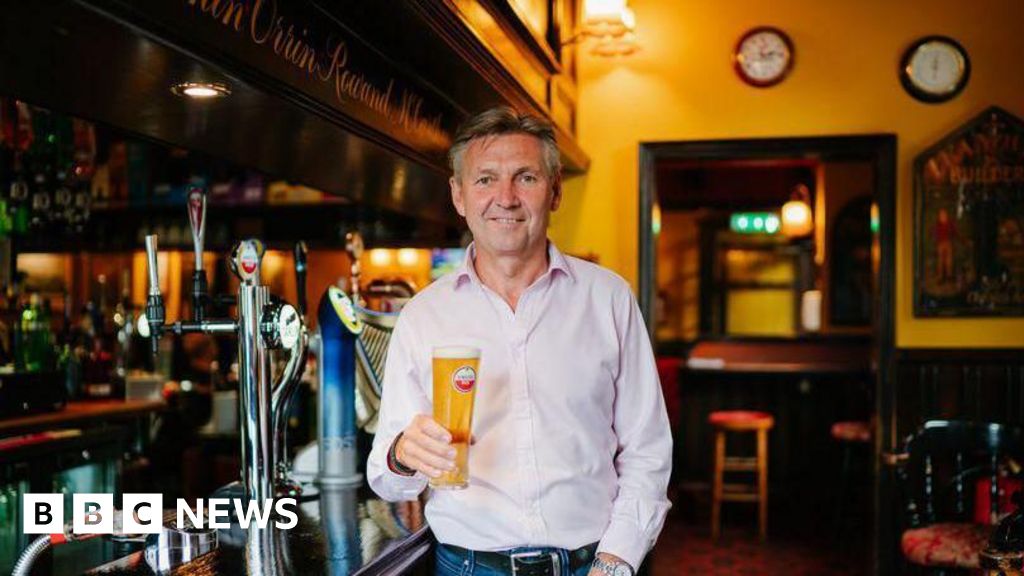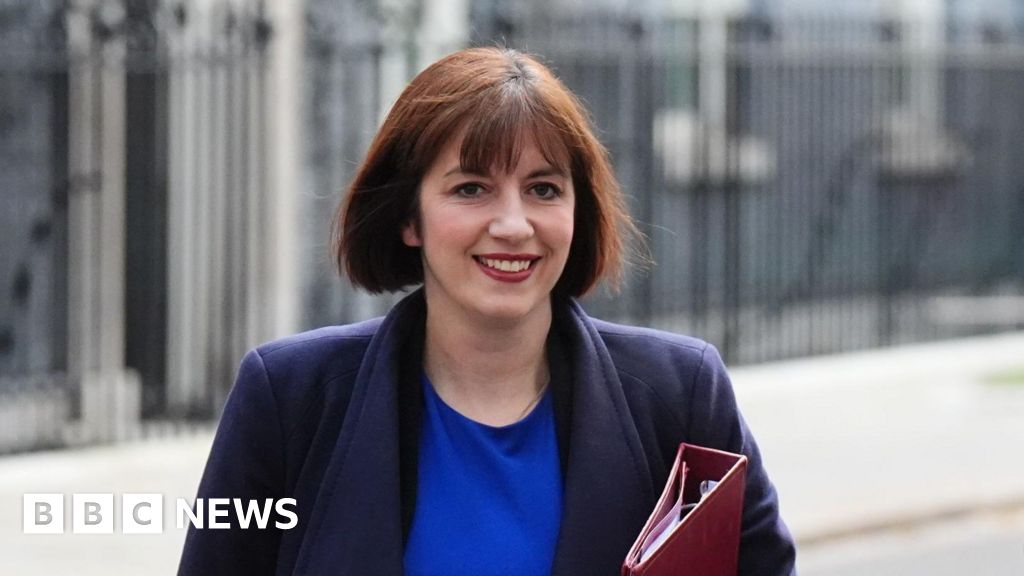Pritti MistryBusiness reporter
Households are facing a "truly dismal" increase in their disposable income following the Budget, the Institute for Fiscal Studies (IFS) think tank says.
The IFS points to analysis of the government's tax and spending plans by the Office for Budget Responsibility (OBR), which forecast that the average disposable income would grow by "only" 0.5% annually over the next five years.
Disposable income measures the amount of money people have left to spend after taxes have been paid.
IFS director Helen Miller said the growth was disappointing "especially when compared to the more than 2% per year we achieved across every parliament from the mid-1980s to mid-2000s".
She said this had been another "big Budget", with "meaningful increases in tax, spending, and borrowing".
According to the IFS, average disposable income per person is expected to rise by nearly £104 a year for the next four years, under current inflation forecasts.
"Before this Budget, the UK was faced with lacklustre economic growth, stagnating living standards, and a dizzying array of fiscal pressures," Ms Miller said.
"The same is still true after this Budget."
The government has faced accusations it has broken its election pledge not to raise taxes on "working people".
Labour's manifesto last year promised not to increase "National Insurance, the basic, higher and additional rates of Income Tax, or VAT".
But in her Budget, Chancellor Rachel Reeves chose to extend the freeze on income tax thresholds for a further three years beyond 2028. She also imposed a £2,000-a-year cap on the amount put into pensions from 2029 through a salary sacrifice arrangement before national insurance payments are due.
Ms Miller said: "I would call that a breach of the manifesto."
Reeves has denied the Budget breaks this pledge but acknowledged that extending the freeze on tax thresholds "does mean that we're asking ordinary people to contribute a bit more" and this "does have an impact on working people".
She told the BBC this contribution had been kept "to a minimum" because of other changes such as increasing taxes on online gambling, properties worth more than £2m and income from dividends or renting out property.
The chancellor also highlighted other measures aimed at cutting the cost of living, including freezing NHS prescription charges and regulated rail fares in England, as well as scrapping green levies added to energy bills.
Asked if she would apologise for breaking her promise not to increase taxes on working people, Reeves said she had made "fair and necessary choices" to cut NHS waiting lists, lift children out of poverty and reduce the cost of living.
Giving her analysis of the Budget, Ms Miller said: "Growth not only makes us richer, it makes almost every problem easier to solve.
"At the last Budget the chancellor said: 'Every Budget I deliver will be focused on our mission to grow the economy.' That wasn't on show yesterday."
She said raising taxes by such a large amount was never going to be "good for growth" and argued reforming the tax system would have been a better move.

 Movie
Movie 1 day ago
36
1 day ago
36 




![Presidents Day Weekend Car Sales [2021 Edition] Presidents Day Weekend Car Sales [2021 Edition]](https://www.findthebestcarprice.com/wp-content/uploads/Presidents-Day-Weekend-car-sales.jpg)




 English (United States)
English (United States)